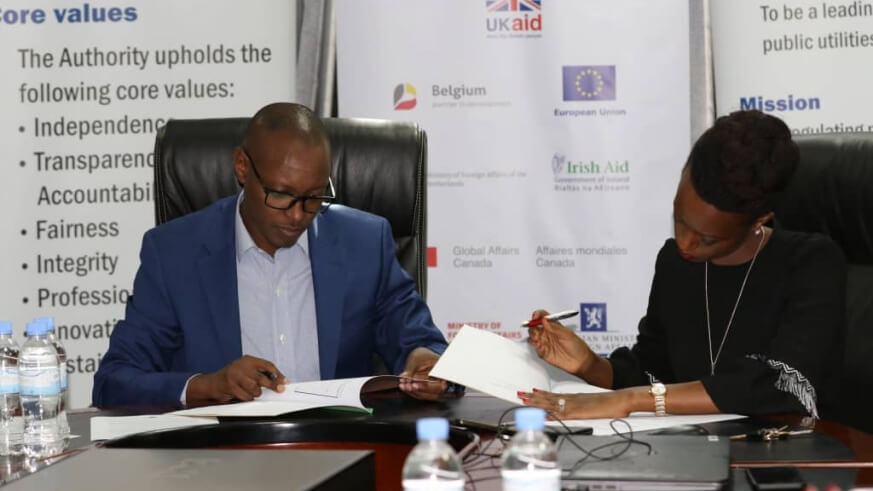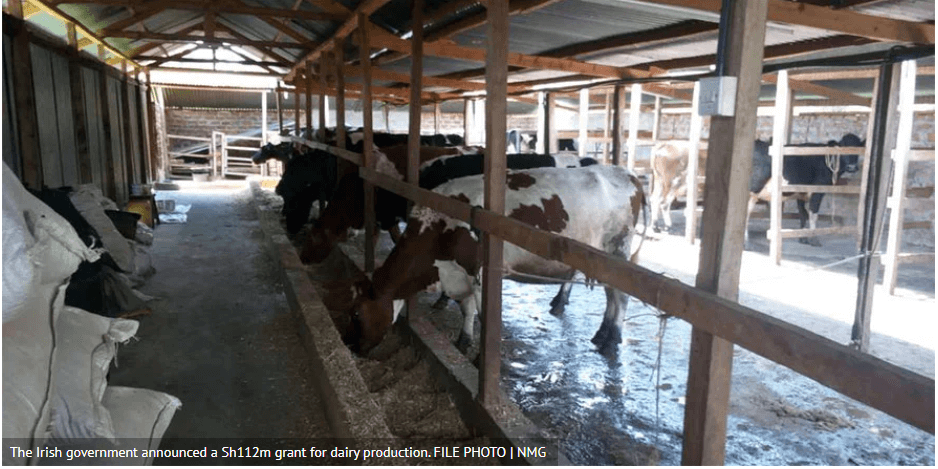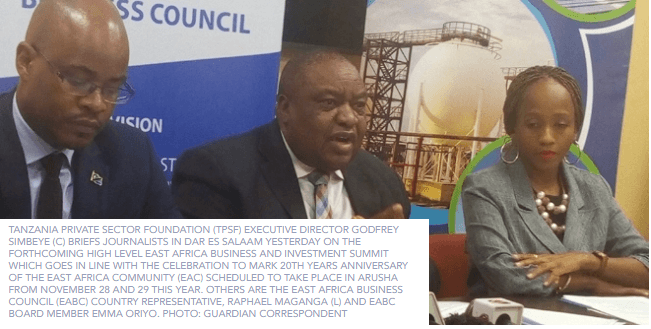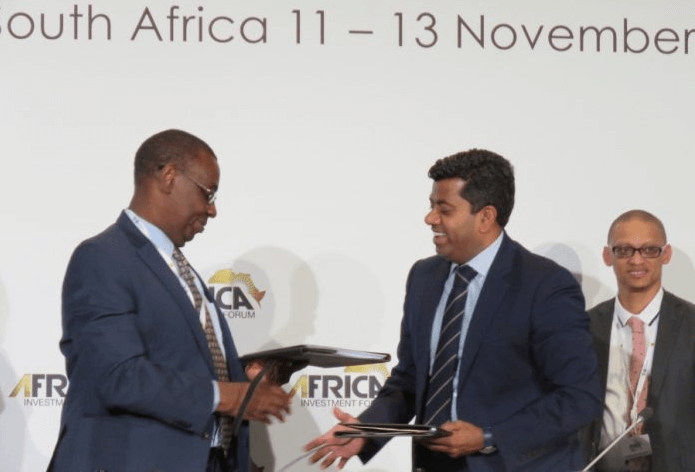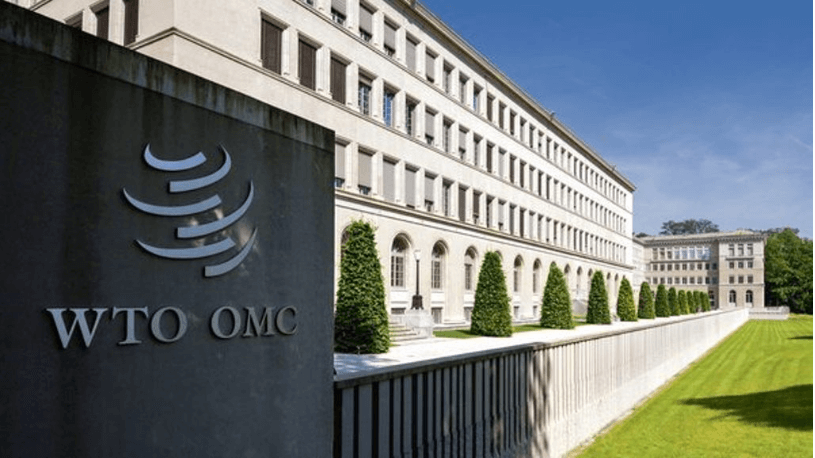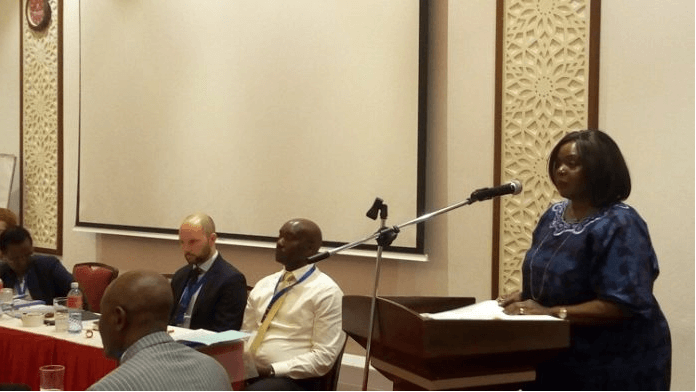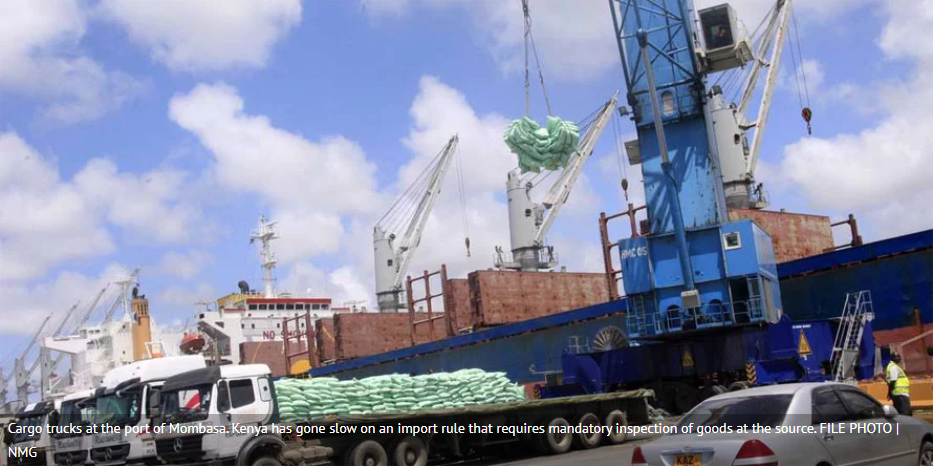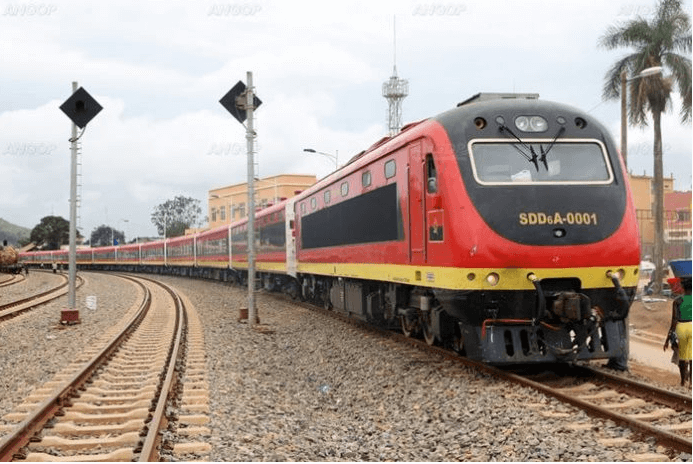Rwanda Utilities Regulatory Authority (RURA) together with Trademark East Africa (TMA) have put pen to paper on a $600,000 deal to facilitate the digitalization of major processes which will greatly improve ability to provide services to traders as well as monitor and enforce compliance to standards on selected imports. This was Wednesday afternoon at the RURA Headquarters in Kigali. The funding has been provided by the United Kingdom’s Department for International Development (DFID) through Trademark East Africa (TMA). This funding to RURA is part of TMA’s $57 million programme with the Government of Rwanda that was launched the previous year and it is within this that TMA works with different Rwandan Ministries, Departments and Agencies, the Private sector as well as Civil Society Organisations to support hard and soft infrastructural interventions that reduce cost of doing business improve efficiency of key trade processes. It also aims at building capacity of local industries to produce and/or manufacture world class standard goods and build linkages to markets. Particularly, the fund will go towards supporting the adoption of Converged Licensing Management Systems that will enhance compliance to standards and enforce regulation in Rwanda’s trade environment by reducing transaction time and costs incurred by businesses through effective trade systems and procedures. The funding will also see to it that licensing gets digitalized, inspection of imported electronics and allied goods as well as protection of Intellectual Property rights (IPRs) and also greatly contribute towards the government’s ambition to have zero trips and zero paper in...
$600,000 injected in digitalizing licensing and inspection services
Posted on: November 15, 2019
Posted on: November 15, 2019

